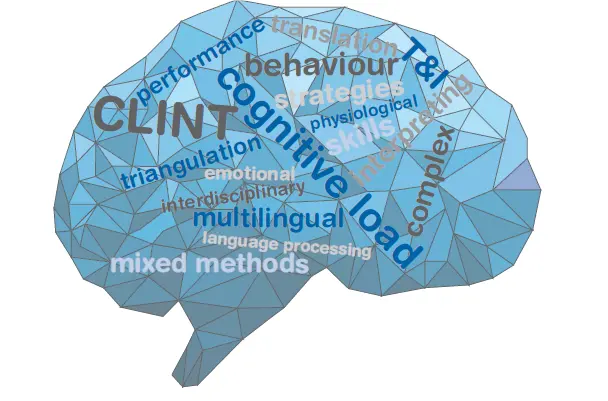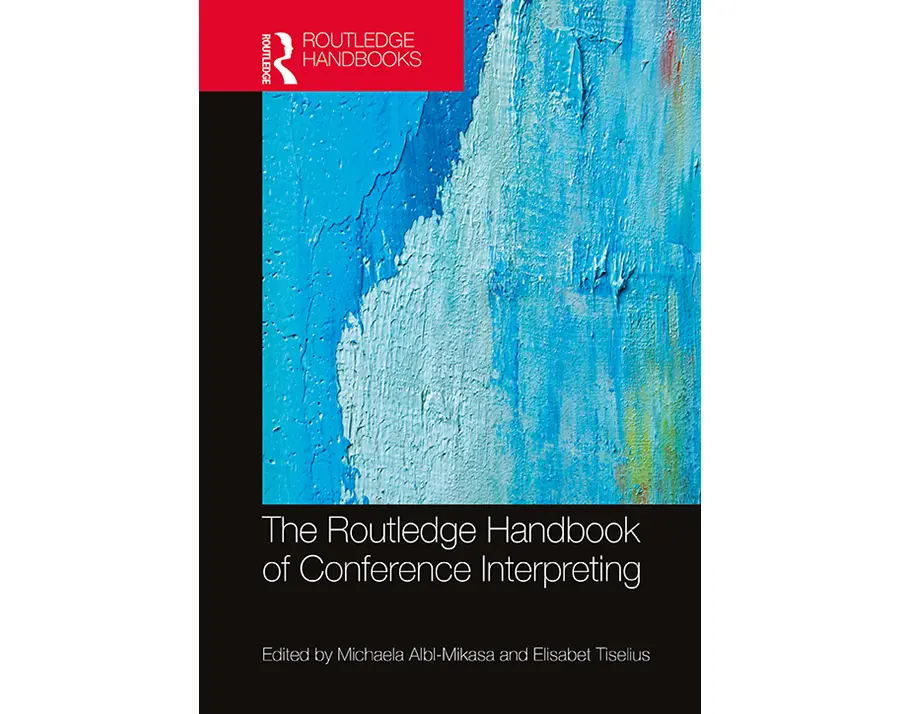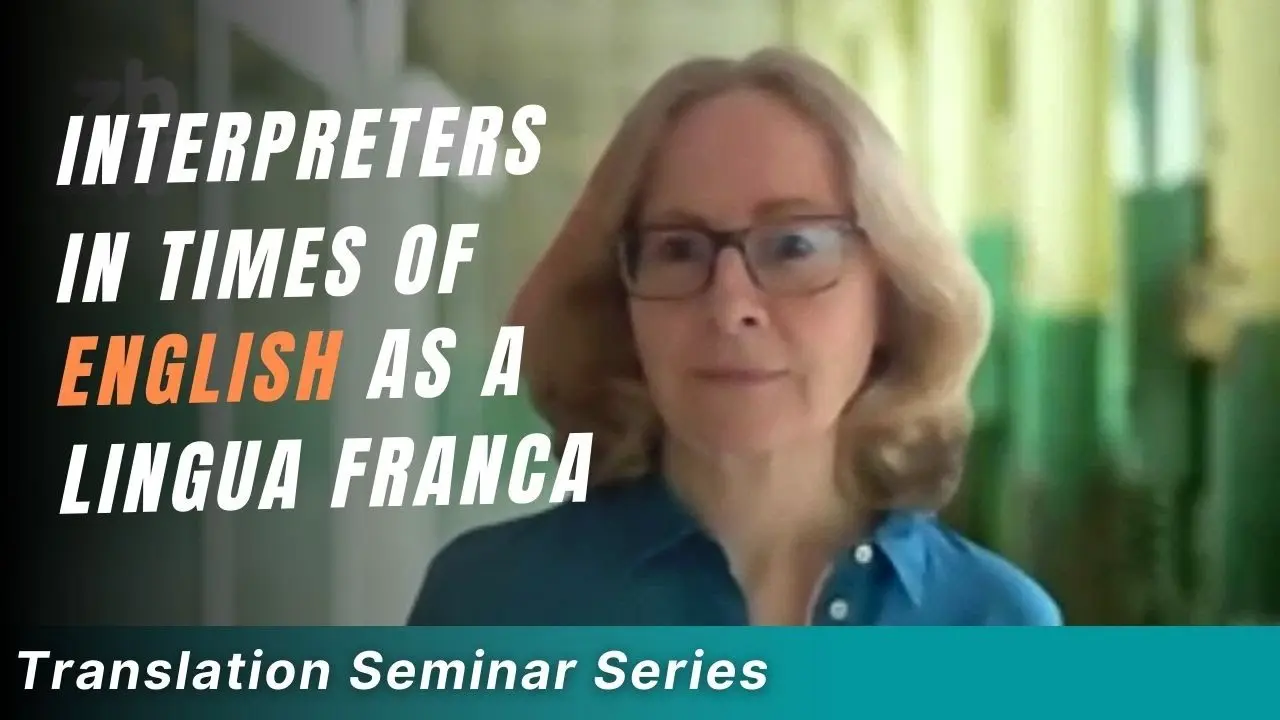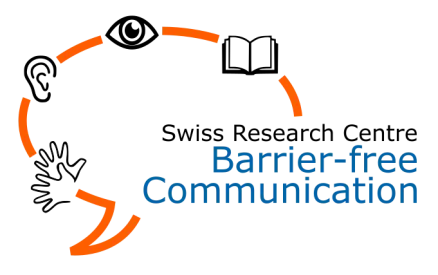Interpreting Studies

In the Interpreting Studies professorship, we conduct research on the theory and practice of conference interpreting and community interpreting (public service, court and hospital interpreting). Our main focus is on investigating the influences of different settings and developments such as globalisation, migration and digitalisation (e.g. distance interpreting). One of our research areas is the impact that the global spread of English as a lingua franca (ELF) has on interpreting. For example, ELF results in a more complex balance between the duty to remain faithful to the speaker and the need to address the target audience, which means that an accurate interpretation no longer necessarily constitutes good service in that context. The results from our research make it possible for the field of Interpreting Studies to develop new approaches in training and interpreting didactics, assist practising interpreters in acquiring the professional skills needed to deal with the growing number of second-language speakers and help multilingual societies to adopt better-informed measures in the context of globalised communication.
In focus
CLINT (Cognitive Load in Interpreting and Translation)

The spread of English as the first global lingua franca is a determining factor of the 21st century with enormous repercussions for multilingualism and multilingual societies. Preliminary research at the interface of interpreting, translation and English as a lingua franca (ELF) suggests that the increasing number of ELF speakers impacts on professional interpreters’ capacity management and the time and effort that translators spend on processing source texts written by non-native speakers. Funded by the Swiss National Science Foundation, the interdisciplinary Sinergia project CLINT addresses the cognitive demands, physiological correlates, processing problems and strategies as well as effects of expertise that may be involved.
The Routledge Handbook of Conference Interpreting

Providing comprehensive coverage of both current research and practice in conference interpreting, The Routledge Handbook of Conference Interpreting covers core areas and cutting-edge developments, which have sprung up due to the spread of modern technologies and global English.
Bringing together over 70 researchers in the field from all over the world and consisting of 40 chapters divided into seven parts—Fundamentals, Settings, Regions, Professional issues, Training and education, Research perspectives and Recent developments—the Handbook focuses on the key areas of conference interpreting. This volume is unique in its approach to the field of conference interpreting as it covers not only research and teaching practice but also practical issues of the profession on all continents.
In the media: The Imaginary Invalid

As invited speaker in the Translation Seminar Series of the Centre for Translation at Hong Kong Baptist University, Michaela Albl-Mikasa explored the nature of ELF and the potential pitfalls it harbours for interpreters. She presented insights from research looking into ELF in relation to interpreting and translation (ITELF) and discussed preliminary results from the CLINT (Cognitive Load in Interpreting and Translation) project that uses multiple methods to answer questions relating to whether or not ELF input actually impacts interpreters’ processing and performance. The talk, entitled "The Imaginary Invalid. Interpreters in Times of English as a Lingua Franca", is available on Youtube.
Co-investigator of the Swiss Centre for Barrier-free Communication

Globalization, migration and asylum seeking have seen the introduction of several languages into multilingual Switzerland, bringing with them a new array of language barriers. As a result, equal access to social, legal and medical services can be achieved only through the use of community interpreters. Research Area 9 focusses on medical interpreting, laying the cognitive foundations of community interpreting by specifying the actual knowledge components and discourse patterns relevant for these institutional settings and developing materials for the training of community interpreters in CPD courses as well as research-based good practice guidelines for wider distribution (including service packages for community interpreting in Asian countries).
Swiss Centre for Barrier-free Communication
Projects
Unfortunately, no list of projects can be displayed here at the moment. Until the list is available again, the project search on the ZHAW homepage can be used.
Research-based teaching
Training
Our teaching takes its cue from research. The BA in Applied Languages, the MA in Applied Linguistics (Specialisation in Conference Interpreting) and bachelor's and master's theses all feature research topics in the area of Interpreting Studies In addition, we collaborate with the University of Teacher Education in Special Needs (HfH) in their degree course in Sign Language Interpreting. Lessons and modules comprise lectures, seminars and courses in the following areas in particular: introduction to interpreting theory and practice, current topics in Interpreting Studies, English as a lingua franca (ELF), bilingualism and community interpreting.
Continuing education
Our continuing education programmes, collaboration partnerships and research have provided us with extensive expertise in community interpreting, forming the basis for our advisory and other types of services. Our expertise stems from:
- a continuing education programme in public service, court and hospital interpreting initiated by Gertrud Hofer, who was head of the programme for ten years.
- our long-standing collaboration with the High Court (Obergericht) of the Canton of Zurich training court interpreters.
- project analyses conducted in cooperation with Swiss hospitals for the continuing education and training of hospital interpreters and medical staff.
Our courses in the area of interpreting in healthcare settings are supported by the Swiss Federal Office of Public Health.




